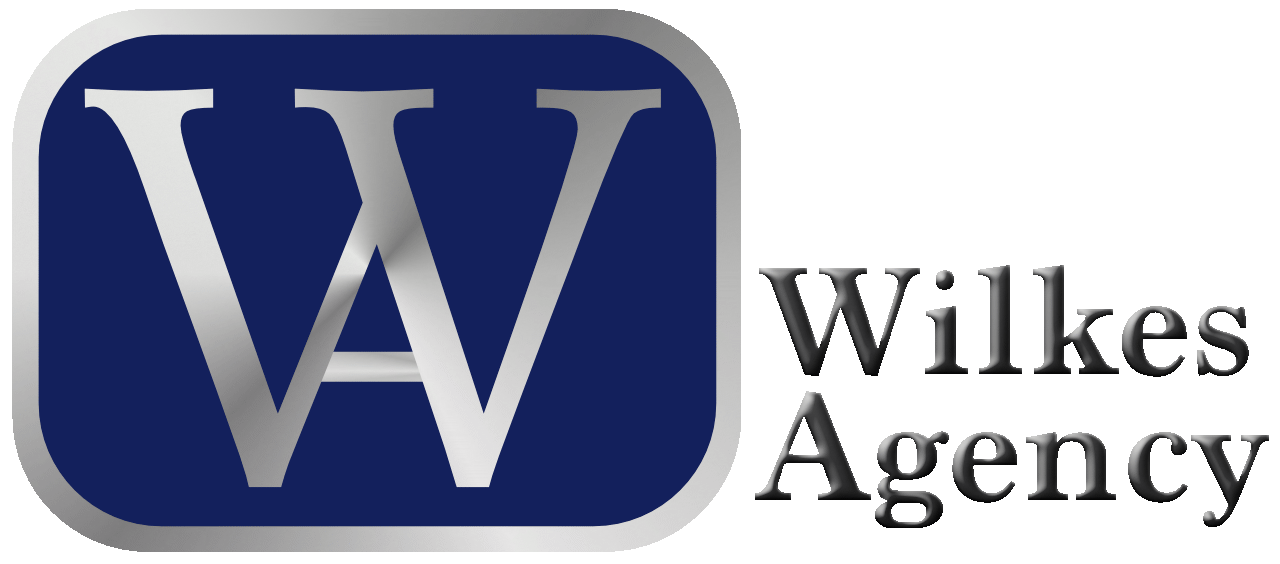
Rental Property Insurance: Safeguarding Your Investment and Navigating Potential Risks
Posted by Teresa Wagner - August 28, 2023
Owning rental property can be a lucrative venture, but it comes with its own set of challenges and risks. Rental property insurance, also known as landlord insurance, is a specialized coverage designed to protect property owners from the unique risks associated with renting out a property. In this article, we explore the importance of rental property insurance, its coverage components, and how it can provide landlords with peace of mind.
Understanding Rental Property Insurance:
Rental property insurance is distinct from standard homeowners insurance. It's tailored to address the specific needs of landlords who lease their properties to tenants. This coverage not only protects the physical structure of the property but also encompasses liability coverage, loss of rental income, and more.
Coverage Components:
- Dwelling Protection: This coverage safeguards the physical structure of the rental property, including the building itself and attached structures like garages. It provides financial protection against perils such as fire, storms, vandalism, and more.
- Liability Coverage: Liability coverage is essential for landlords. It protects you in case a tenant or visitor is injured on the property and files a liability claim against you. It covers medical expenses and legal fees.
- Loss of Rental Income: If your rental property becomes uninhabitable due to a covered peril, loss of rental income coverage compensates you for the rental income you would have received during the repair period.
- Personal Property Protection: If you include furnishings or appliances as part of the rental, personal property protection covers the replacement or repair of those items in case of damage or theft.
- Fair Rental Value: If the rental property is temporarily uninhabitable, this coverage provides compensation for the fair rental value you lose due to the inability to collect rent.
- Additional Structures: If your rental property includes detached structures like sheds or fences, this coverage can extend protection to those structures as well.
Navigating Potential Risks:
Rental property ownership comes with inherent risks, including:
- Property Damage: Damage caused by tenants, natural disasters, or accidents can result in costly repairs.
- Liability Claims: Accidents or injuries on the property can lead to liability claims that may result in legal expenses.
- Loss of Income: Vacancies or damage that renders the property uninhabitable can lead to loss of rental income.
- Legal Disputes: Lease disputes, eviction processes, and other legal issues can arise.
Consulting an Insurance Expert:
Navigating the complexities of rental property insurance requires expert guidance. Working with an experienced insurance agent, such as those at Wilkes Agency, ensures that you have the right coverage in place to protect your investment.
Conclusion:
Rental property insurance offers essential protection for landlords, shielding them from potential financial losses and liabilities. By understanding the coverage components and risks associated with rental property ownership, you can make informed decisions to safeguard your investment and enjoy the rewards of a successful rental business while managing potential challenges effectively.


